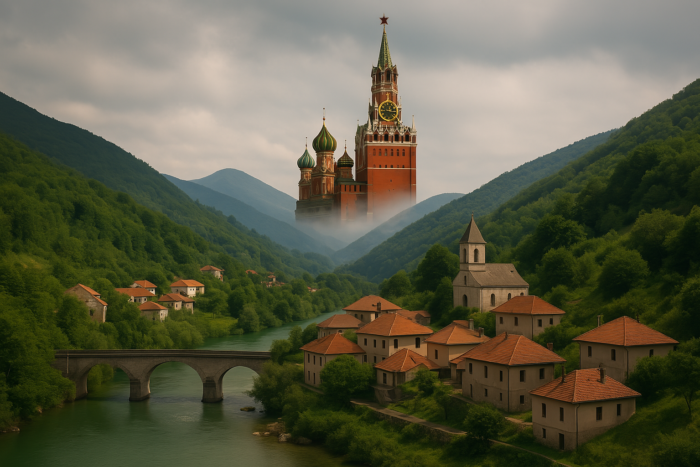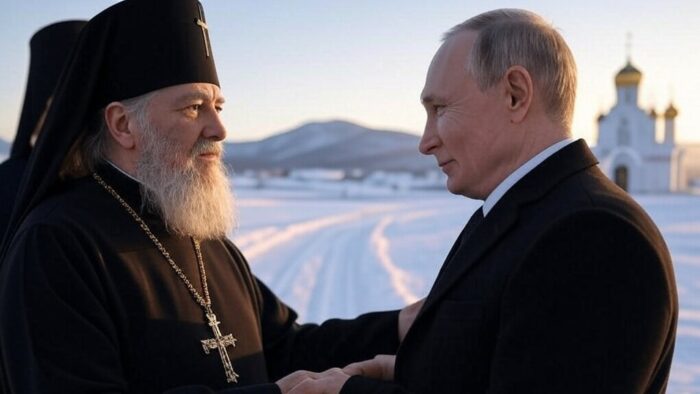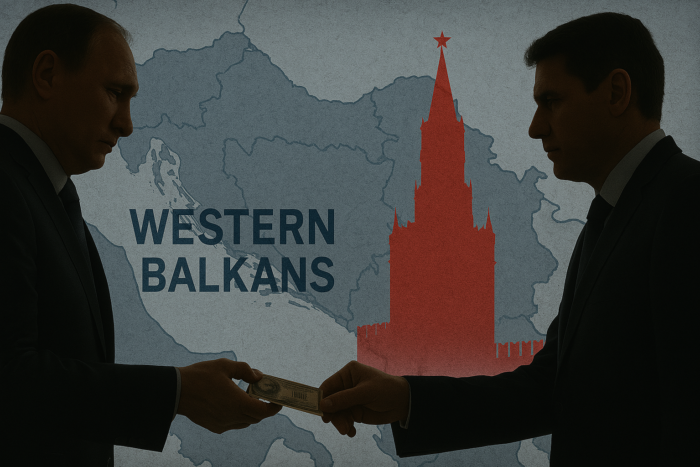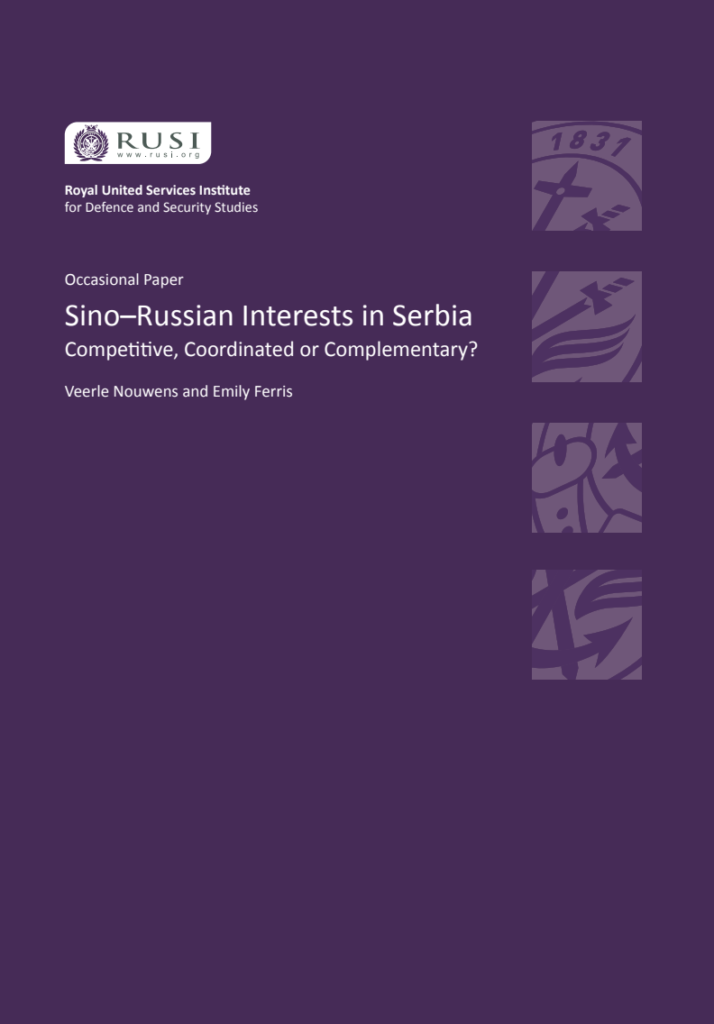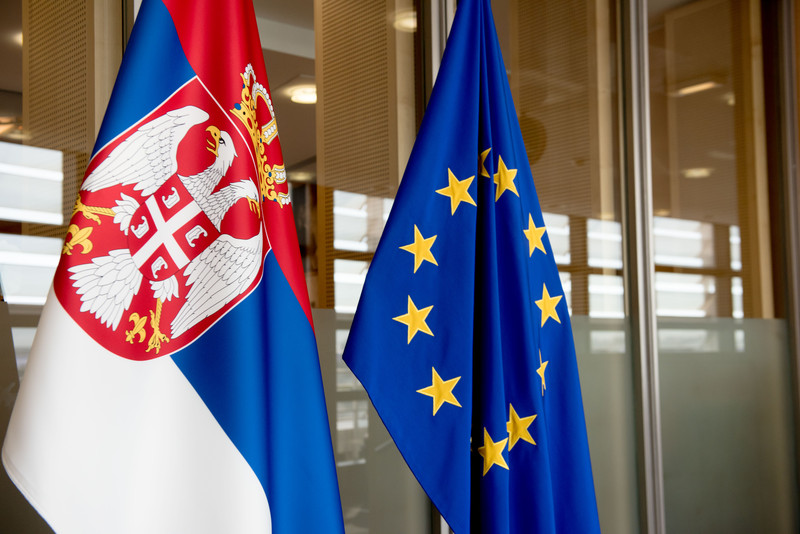European media is reporting that Russian state-owned TV and radio broadcaster Russia Today (RT) plans to open offices in Serbia. According to a report by Euractiv:
July 15, 2022 Russian state-owned TV and radio broadcaster Russia Today (RT) is set to open offices in Serbia, Sputnik Serbia’s Editor-in-Chief Ljubinka Milinčić confirmed to independent news portal Nova.rs. RT was banned from broadcasting in the EU in March because it “incited and supported Russia’s aggression” against Ukraine. The EU also accused RT of being Kremlin’s tools for disinformation and manipulation of information. On RT setting up offices in Serbia, Milinčić said: “Yes, it is true. They will not start work in Serbia now, but preparations are underway.” When asked if her daughter would be taking the leadership role in RT Serbia, she did not comment.
Read the rest here.
The report notes that while Serbia is not an EU member, it is a candidate country and is expected to align itself with Russian sanctions but that it has so far failed to do so. In late May, it was widely reported that Serbia had agreed to a new three-year gas supply deal with Russia’s state energy provider, Gazprom. Last December, we reported on a study that found that Serbia is by far the Eastern European country “most vulnerable to Russian and Chinese influence” and that “Serbian society is particularly sympathetic towards Russia and China, antagonistic to NATO, and ambivalent about the EU.” We have also reported on a study that found Moscow is “keen to ensure Belgrade retains close links to the Kremlin and remains a comfortable buffer against NATO expansion in Europe.”
In 2017, the NYT characterized RT (formerly Russia Today) as follows:
Analysts are sharply divided about the influence of RT. Pointing to its minuscule ratings numbers, many caution against overstating its impact. Yet focusing on ratings may miss the point, says Peter Pomerantsev, who wrote a book three years ago that described Russia’s use of television for propaganda. “Ratings aren’t the main thing for them,” he said. “These are campaigns for financial, political and media influence.” RT and Sputnik propel those campaigns by helping create the fodder for thousands of fake news propagators and providing another outlet for hacked material that can serve Russian interests, said Ben Nimmo, who studies RT for the Atlantic Council. Whatever its impact, RT is unquestionably a case study in the complexity of modern propaganda. It is both a slick modern television network, dressed up with great visuals and stylish presenters, and a content farm that helps feed the European far right. Viewers find it difficult to discern exactly what is journalism and what is propaganda, what may be “fake news” and what is real but presented with a strong slant.
The Global Influence Operations Report has extensively covered the activities of Russian broadcaster RT as a tool of Russian disinformation.

